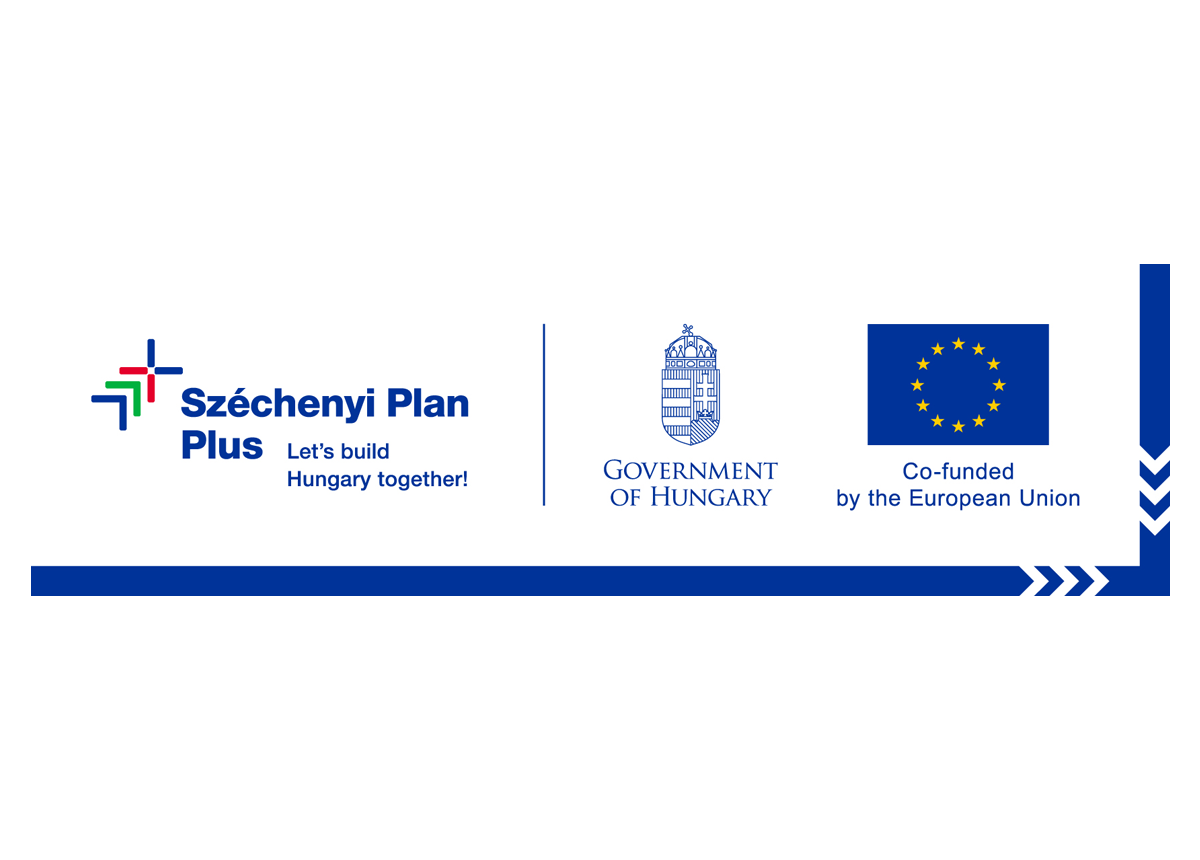Title: Reduction of disease among turkey hybrids through new feed product range R&D
Consortium leader: Zala-Cereália Malom- és Takarmányipari Gyártó, Forgalmazó Korlátolt Felelősségű Társaság
Members: HR-Pharma Ltd., Duration: 01/05/2022-31/05/2025
Name of the principal beneficiary: Zala-Cereália Malom- és Takarmányipari Gyártó, Forgalmazó Korlátolt Felelősségű Társaság
Total eligible project costs: HUF 1 198 099 058
Grant amount: HUF 682 882 360
Grant intensity (%): 56.9972 %
Project implementation period: 01/05/2022 – 31/05/2025
Summary
Reduction of disease among turkey hybrids through new feed product range R&D
Turkeys breeded on mass-scale in diverse climatic environment is considered a popular food-stuff due to its high level of meat content. During its maximum of 26 week long raising period, hens may lay up to more than 100 big-size eggs; their feathers are usually used for making articles for personal use or ornaments. Among several turkey species, snappy, gross white turkeys are of importance in economic terms. 20-22 weeks after shooting, hens may weigh up to 15 kg, and gobblers up to 21 kg. The most common used white turkey species in the world are Hybrid Converter from Canada, British United Turkey from U.K and Nicholas Turkey from U.S. from which Hungarian farmers prefer Hybrid Converter turkeys. The 6-step nutrition order of turkey species’ producers support raising and weight accumulation of birds, however, intense breeding may cause significant losses of birds and economic damages during 14th-22th weeks. Intense growth of birds – requiring as much as 1 kg nutrition a day for a bird in certain periods – call for large amount of protein input. Animal protein is not allowed to be used for feeding animals in Hungary by law since 2012, thus, farmers must feed birds with protein from plants with less nutritive value on a larger scale as opposed to animal proteins. Digestion of increased amount of nutriments takes places not only in birds’ stomach but in small and large intestine as well. Undigested, fiber-based protein have a negative effect both on bowels’ status and absorption processes.
The goal of the current project is to perform a research and development project to establish a 6-step feed product and its production technology by establishing wide scale feeding and animal health analysis led by Zala-Cereália Ltd. (https://zala-cerealia.hu/hu/) as a consortium leader and HR-Pharma Ltd. (https://www.hr-pharma.hu/) as a consortium member.
During the experiments, the significantly bigger weight of birds as opposed to other broilers, their longer lifespan and necessary changes of nutrition methods during raising periods shall be considered as well. More and more studies reveal the importance of farming characteristics and airborne particles unleashed while mixture of ingredients and physiological effects of microorganisms getting into digestive system of birds. The essence of the new method is to ferment the protein from plants causing digesting disorders and decrease its amount in nutrition by using additive ingredients during raising of birds.
The goal of the consortium is to develop a new method by controlled experiments in order to provide birds with decent amount of nutrition, decreasing digesting shocks and improve the general status of bowels, moderate losses of birds from nutritive causes and increase effectiveness of turkey breeding. Absorption of trace elements and vitamins used in feed products potassium-synthesis and carbon dioxide built into bones will increase. By decreasing undigested nutrition nitrogen exposure to environment will be moderated as well. The new feeding product technology including fermentation will support a better utilization of protein and avoiding respiratory system disorders. The complex solution – focusing on raising the exactitude of mixing and composition of ingredients – the loss of birds between 14th and 22th weeks will be reduced by 2% points.
Downloads
Equal opportunity statement (.pdf, 463 kB)



